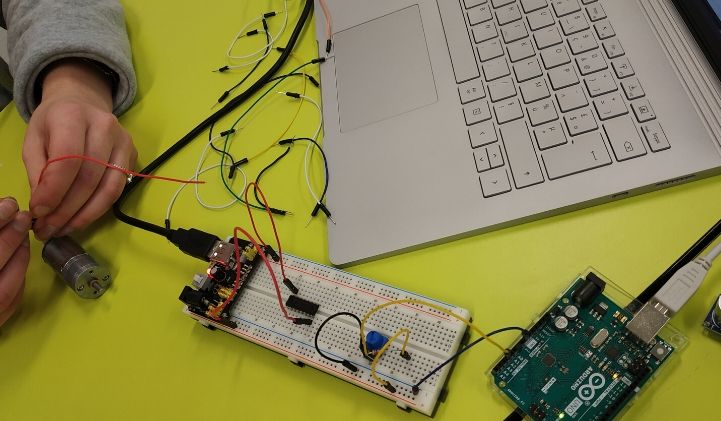With the COVID-19 crisis, a lot of industries around the world had to think of new innovative ways to keep going on, and although remote work doesn’t suit each and every single one industry, engineering has adapted just fine.
Despite shortages in the supply chain, engineering took adventage of the situation by primarly focusing on improving long-term strategies.
The Engineering Industry Is Already Familiar With Remote Work
Digital software is well implemented in the engineering industry, and companies are used to doing business remotely. Even if remote work is now at a larger scale, it has not been a difficult task for engineers that were accustomed to it. SOM, for example, the largest architecture and engineering firm in the world, has adopted remote work since the 80’s with the help of digital technology, especially while working on projects abroad.
Engineers all around the world even helped during the COVID-19 crisis: ESILV School of Engineering’s students showed their solidarity by producing 3D-printed face shield within Pôle Léonard de Vinci’s FabLab. Students majoring in finance contributed to research on quantitative finance to try to make sense of the stock market.
With tools such as teleconferencing, VPNs, and cloud infrastructures, engineer employees can keep up with their work easily from home. This allows them to have access to documents, software, and designs and to engage and collaborate with their colleagues. Besides, digital platforms like Giraffe Technology allows them to work directly on their web browser.
Regaining A Healthier Pace Of Work With Remote Work
The engineering industry is time-consuming, and employees can often be put under high-pressure environments, not to mention the ‘all-nighter’ work ethic. With this attitude, the industry tends to base the quality of a project on the hours worked rather than on the actual results.
Remote work could allow the industry to move towards a healthier direction, slow down the pace, and stop producing on mass scales. People-oriented projects may take the lead, rather than purely aesthetics ones. This new attitude could prevent burnouts and create a more welcoming working environment as well as a more efficient one.
In a nutshell, engineering industry was not heavily negatively impacted by the COVID-19 crisis. On the contrary, it may allow it to evolve in a better direction, by keeping it open to digital tools, innovative work methods and other online practices that have always been at the core of the industry.
Interested in a master’s degree in engineering in Paris? Check out ESILV School of Engineering’s programmes.







